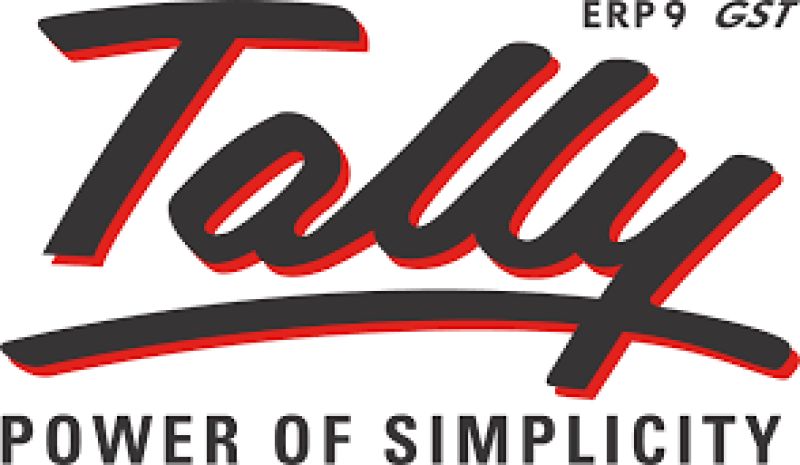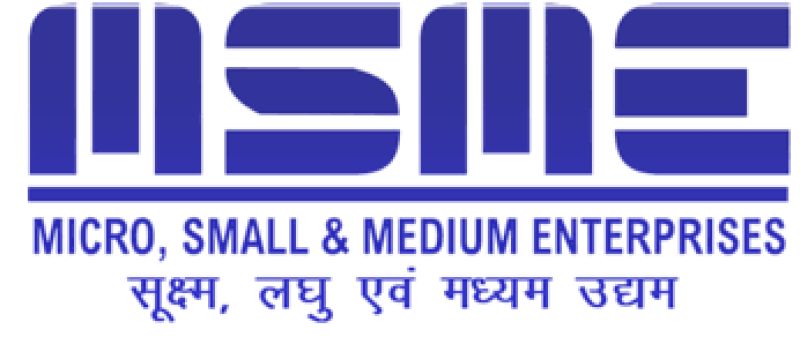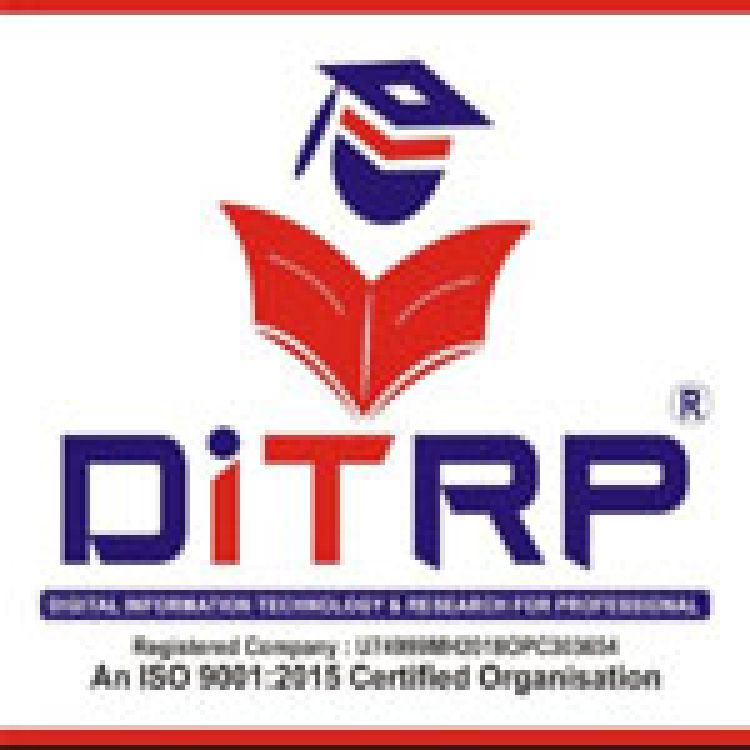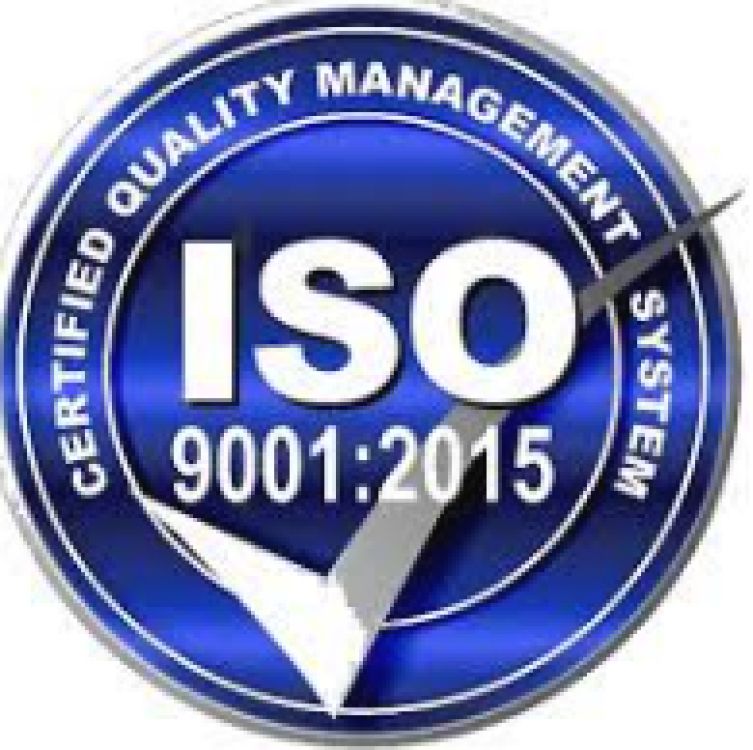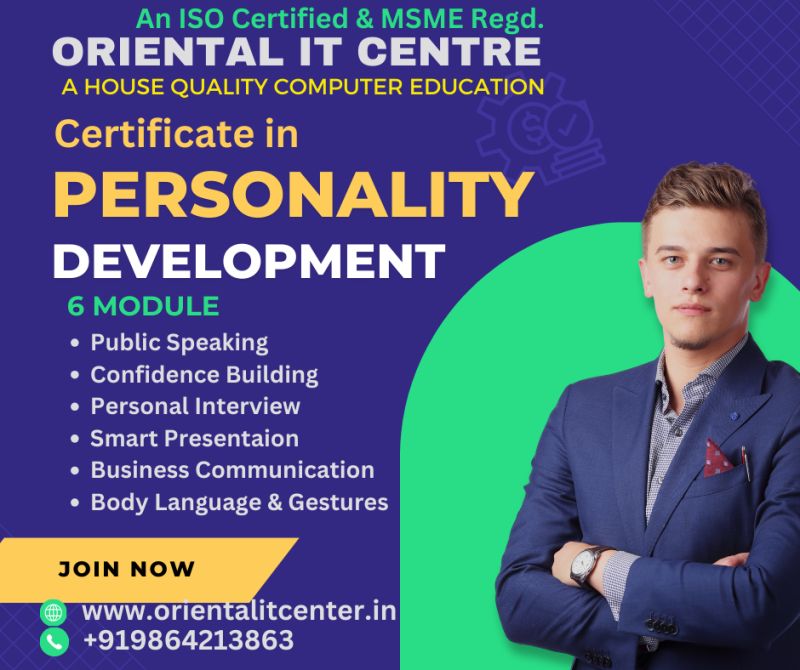
This course is designed to help individuals enhance their personal and interpersonal skills, cultivate self-awareness, and build a confident and resilient personality. Through a combination of theoretical frameworks, practical exercises, and reflective practices, participants will learn how to develop their unique personality traits, improve communication skills, and foster positive relationships.
10 pass

Course Code : SACSM-003

Course Code :
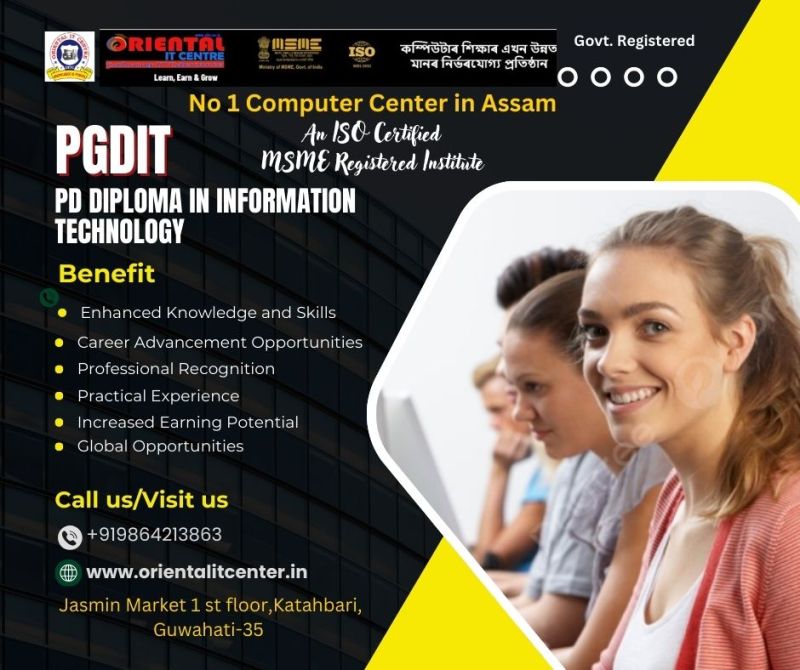
Course Code : SACSM-002

Course Code : SACSM-055,

Course Code : SACSM-004

Course Code : SACSM-005
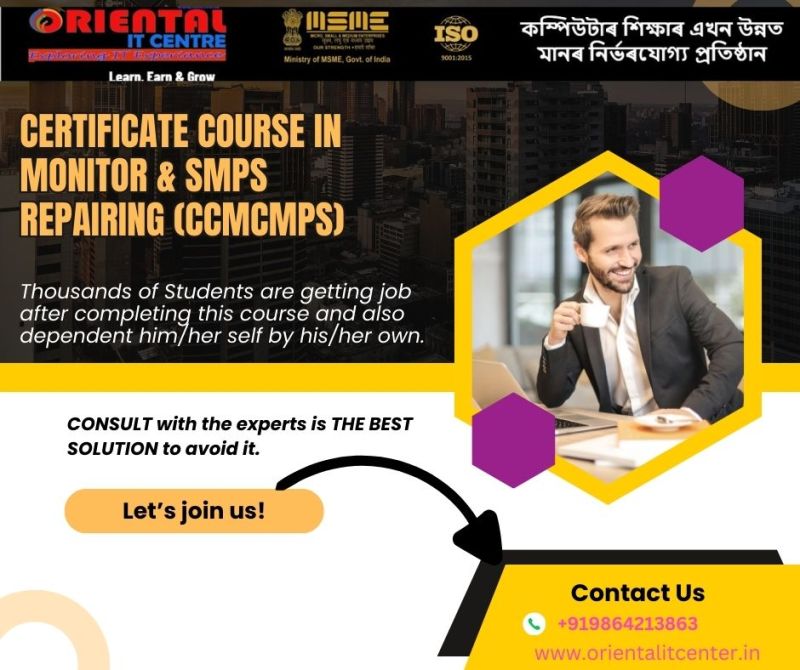
Course Code : SACSM-006
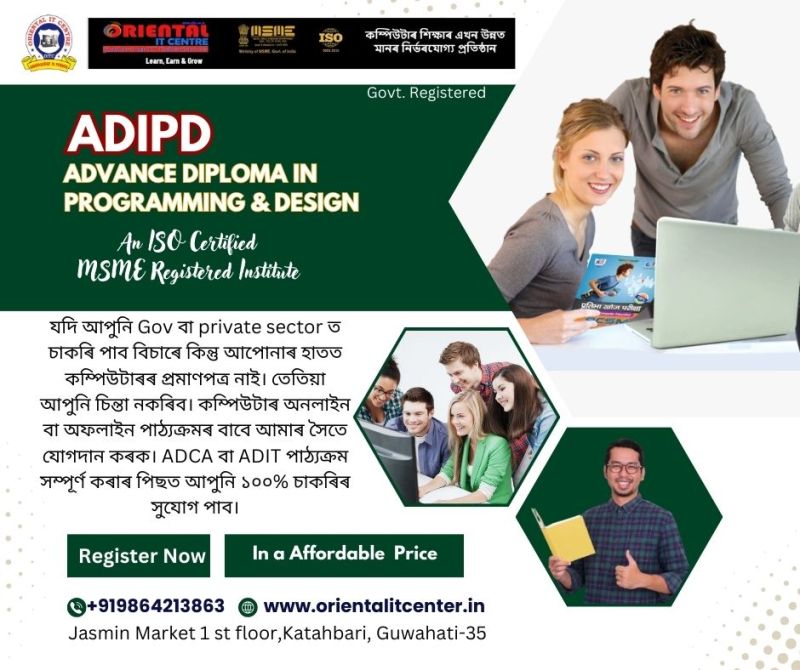
Course Code : SACSM-007
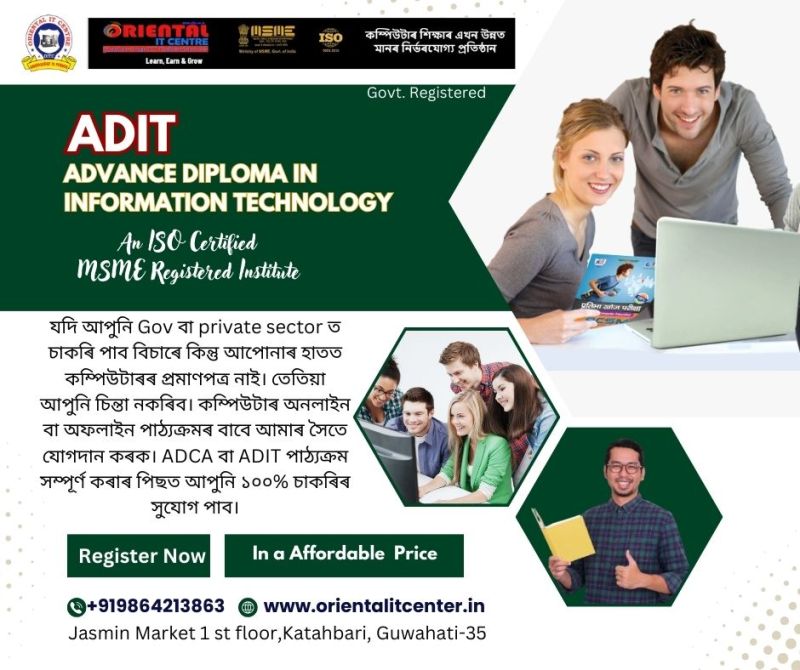
Course Code : SACSM-008
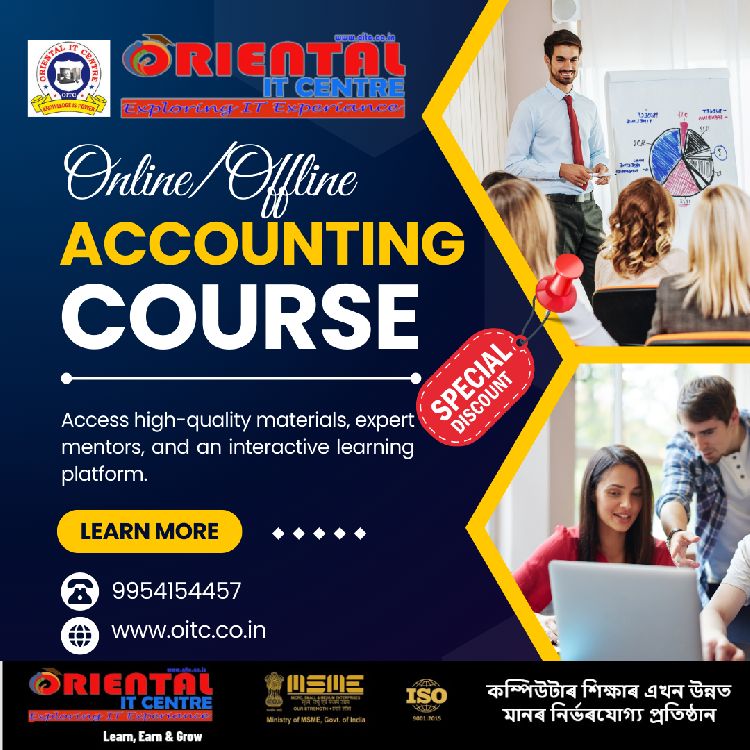
Course Code : SACSM-009
Course Code : SACSM-010

Course Code : SACSM-011

Course Code : SACSM-012
Course Code : SACSM-013
Course Code : SACSM-014
Course Code : SACSM-0014
Course Code : SACSM-015
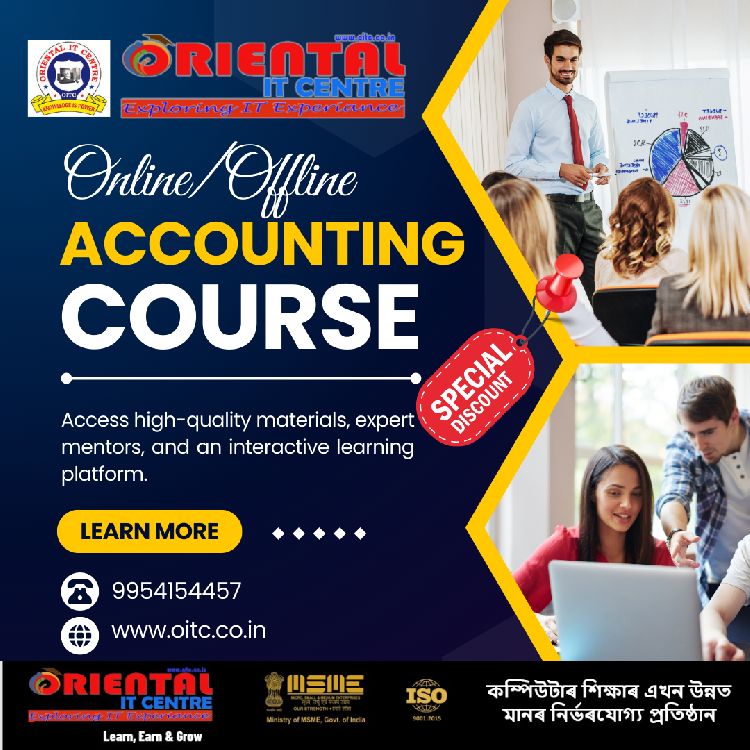
Course Code : SACSM-016
Course Code : SACSM-017
Course Code : SACSM-018
Course Code : SACSM-019

Course Code : SACSM-020
Course Code : SACSM-021
Course Code : SACSM-022
Course Code : SACSM-023
Course Code : SACSM-024
Course Code : SACSM-025
Course Code : SACSM-026
Course Code : SACSM-027
Course Code : SACSM-028
Course Code : SACSM-029
Course Code : SACSM-030
Course Code : SACSM-031
Course Code : SACSM-032
Course Code : SACSM-033
Course Code : SACSM-034

Course Code : SACSM-035
Course Code : SACSM-036
Course Code : SACSM-037
Course Code : SACSM-038
Course Code : SACSM-039
Course Code : SACSM-040
Course Code : SACSM-041
Course Code : SACSM-042
Course Code : SACSM-043
Course Code : SACSM-044
Course Code : SACSM-045
Course Code : SACSM-046
Course Code : SACSM-047
Course Code : SACSM-048
Course Code : SACSM-049
Course Code : SACSM-050
Course Code : SACSM-051
Course Code : SACSM-052
Course Code : SACSM-053
Course Code : SACSM-054
Course Code : SACSM-056
Course Code : SACSM-057
Course Code : SACSM-058
Course Code : SACSM-059
Course Code : SACSM-060
Course Code : SACSM-061
Course Code : SACSM-062
Course Code : SACSM-063

Course Code : SACSM-064
Course Code : SACSM-065
Course Code : SACSM-066
Course Code : SACSM-067

Course Code : SACSM-068
Course Code : SACSM-069
Course Code : SACSM-070
Course Code : SACSM-071
Course Code : SACSM-072
Course Code : SACSM-073
Course Code : SACSM-074
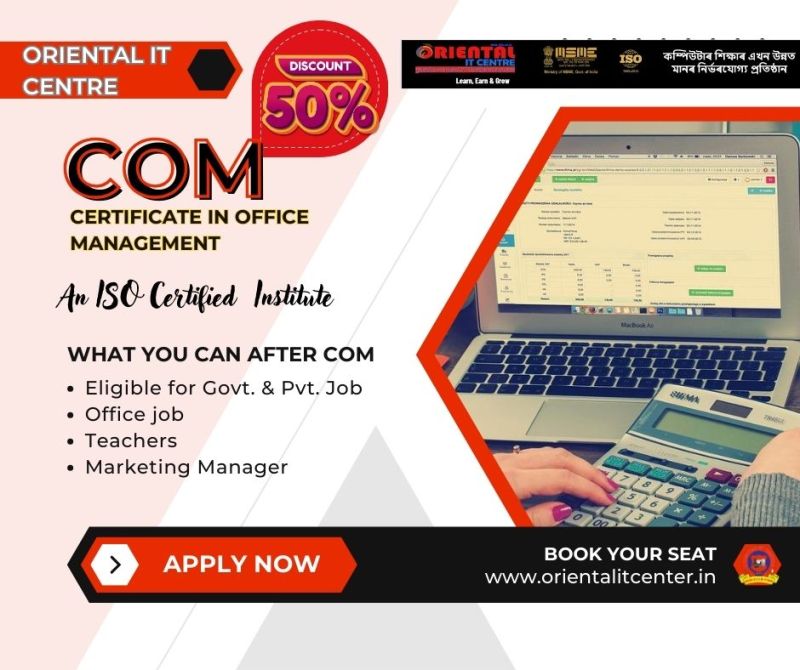
Course Code : SACSM-075
Course Code : SACSM-076
Course Code : SACSM-077
Course Code : SACSM-078
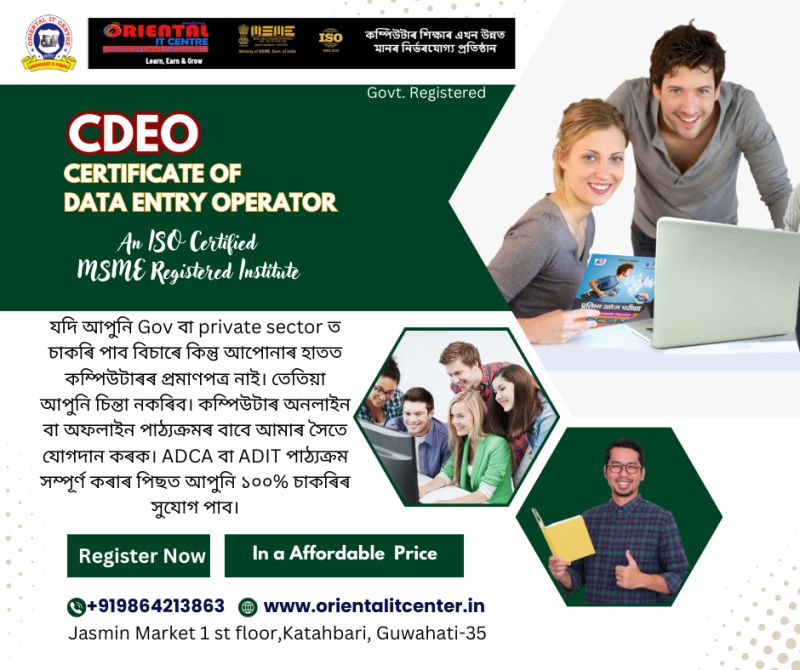
Course Code : SACSM-079
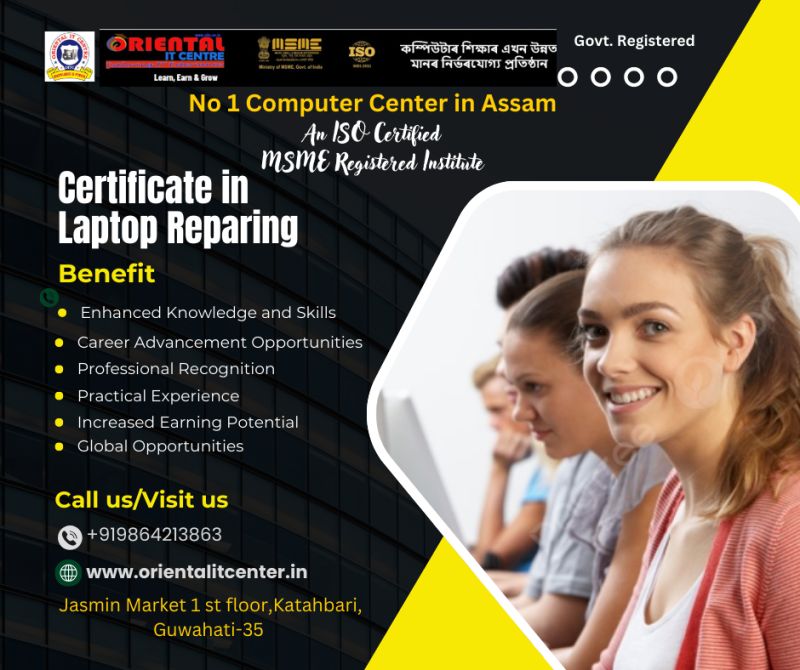
Course Code : SACSM-080

Course Code : SACSM-081

Course Code : SACSM-081
Course Code : M-DCA

Course Code : M-SACSM-01

Course Code : M-SACSM-03
_89240184_logo.png)


